In an article for the journal Politics and the Life Sciences, Kathleen Hall Jamieson looks at the role that language plays when science is conveyed to the public. Examples include the outbreak of "mad cow" disease in Britain.

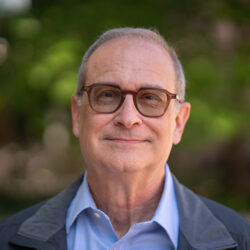
Michael Rozansky has worked as an editor, writer and reporter for 30 years. Before joining the Annenberg Public Policy Center as director of communications, he spent more than 20 years at the Philadelphia Inquirer, most recently supervising its arts and entertainment coverage. He has reported on the arts, media, business, politics, national and regulatory issues. Rozansky also developed and taught a class at Temple University on the history and practice of celebrity journalism. He received a bachelor’s degree in English and American literature from Brown University and a master’s degree in journalism from Columbia University’s Graduate School of Journalism.

In an article for the journal Politics and the Life Sciences, Kathleen Hall Jamieson looks at the role that language plays when science is conveyed to the public. Examples include the outbreak of "mad cow" disease in Britain.

Oxford University Press has published the second edition of 'Treating and Preventing Adolescent Mental Health Disorders,' an update to the acclaimed book.
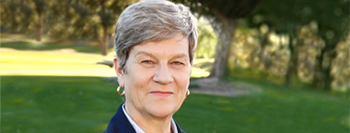
Kathleen Hall Jamieson has been named a Fall 2017 Fellow by the Shorenstein Center on Media, Politics and Public Policy at Harvard. She will explore press coverage of uncivil discourse in the 2016 presidential campaign.
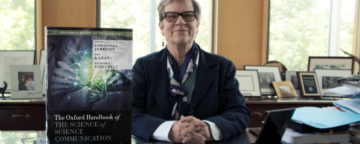
Gene editing, vaccinations, climate change: All are science issues enmeshed in political controversy. How should scientists try to convey the best available evidence? The editors of the Oxford Handbook of the Science of Science Communication discuss the field.
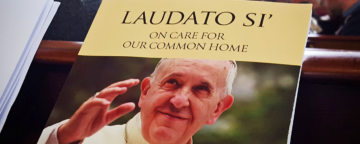
In a commentary in Nature Climate Change, two recent APPC postdocs say the encyclical stressed moral values that appeal to liberals but not the three values -- sanctity, authority and loyalty -- that resonate with conservatives.

How can the public’s confidence in science be strengthened? A new study finding that public confidence in science spiked following coverage of the Zika vaccine trial in 2016 suggests a way to improve trust in science on a more sustained basis.
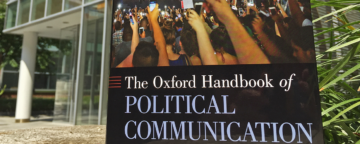
Oxford University Press has published the hardcover edition of The Oxford Handbook of Political Communication, co-edited by Kathleen Hall Jamieson. The volume is an indispensable overview and a definitive guide to research in the field.

The House of Representatives passed the first-ever reauthorization bill for the Department of Homeland Security, a key recommendation of the Sunnylands-Aspen Institute Task Force on congressional oversight of DHS.

An experimental study of the effect of humor and video in fact-checking finds that both funny and non-humorous videos were more interesting and understandable than a comparable textual fact-checking story.
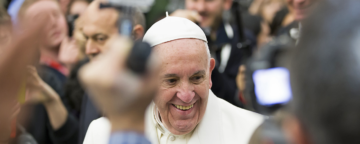
A study of the Pope's encyclical on climate change conducted by researchers at the Annenberg Public Policy Center has been featured as a "research highlight" by the journal Nature Climate Change.